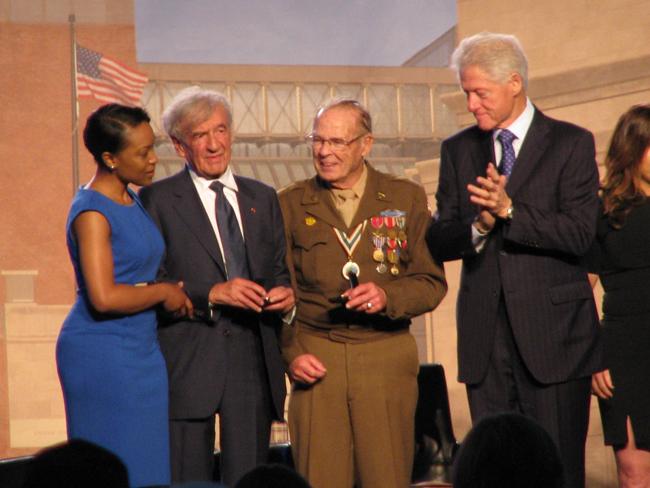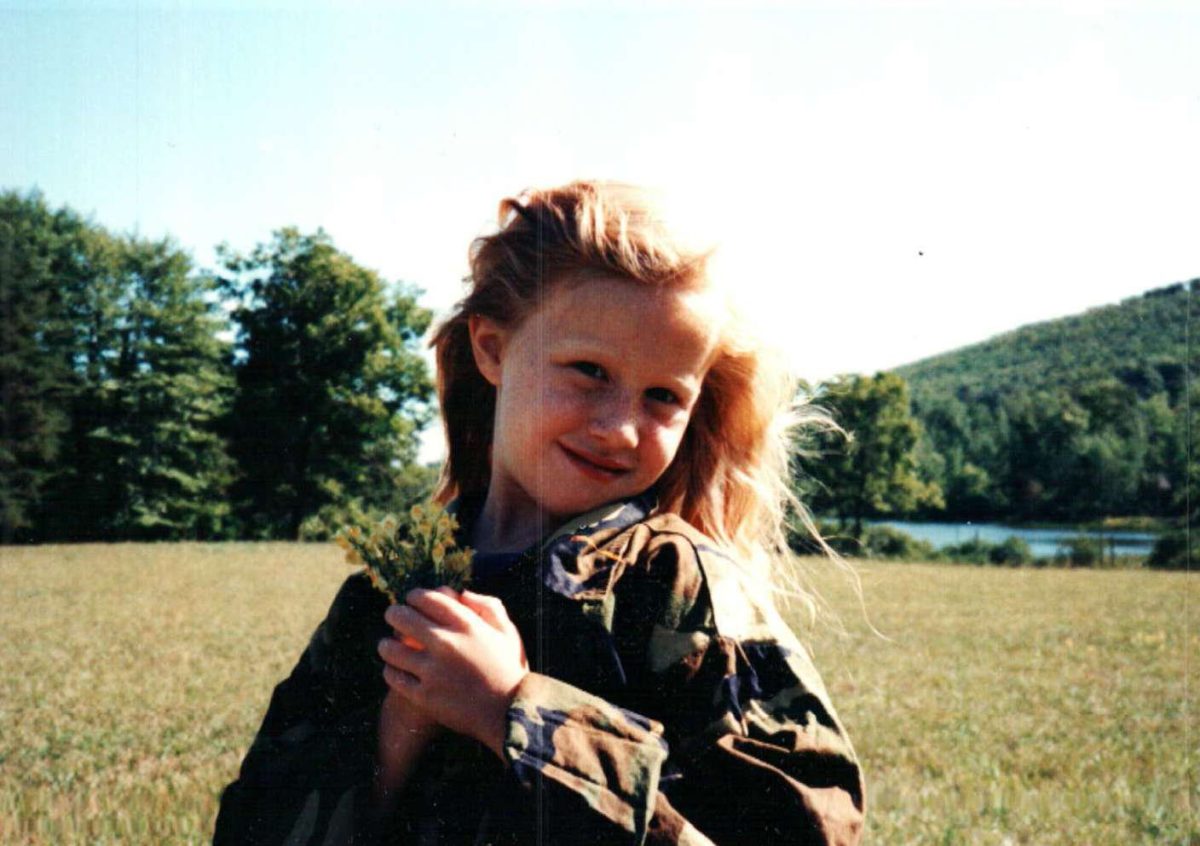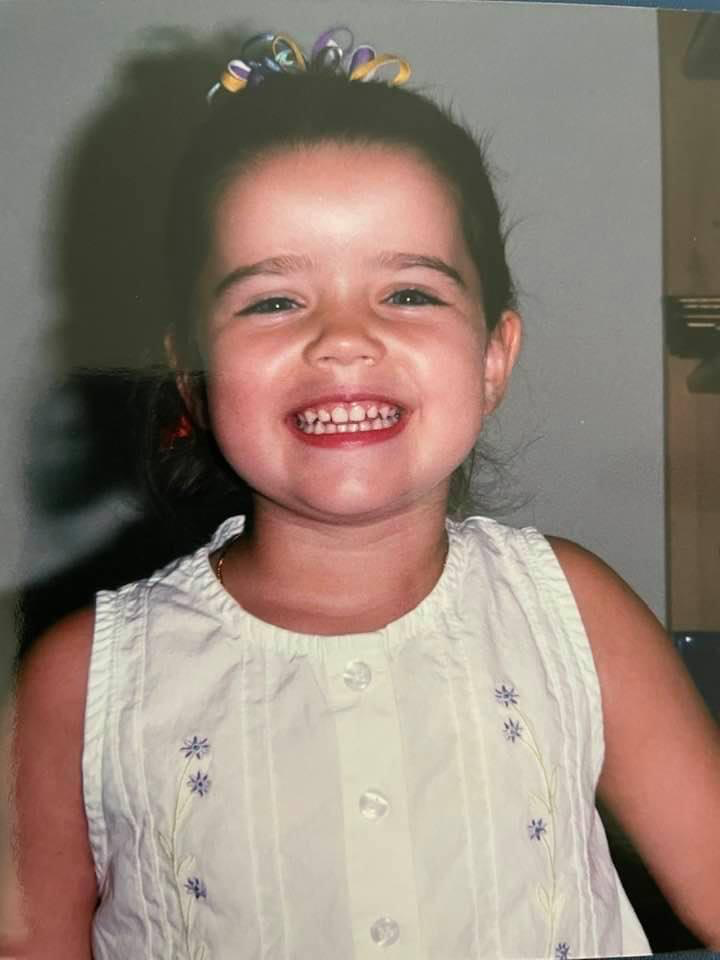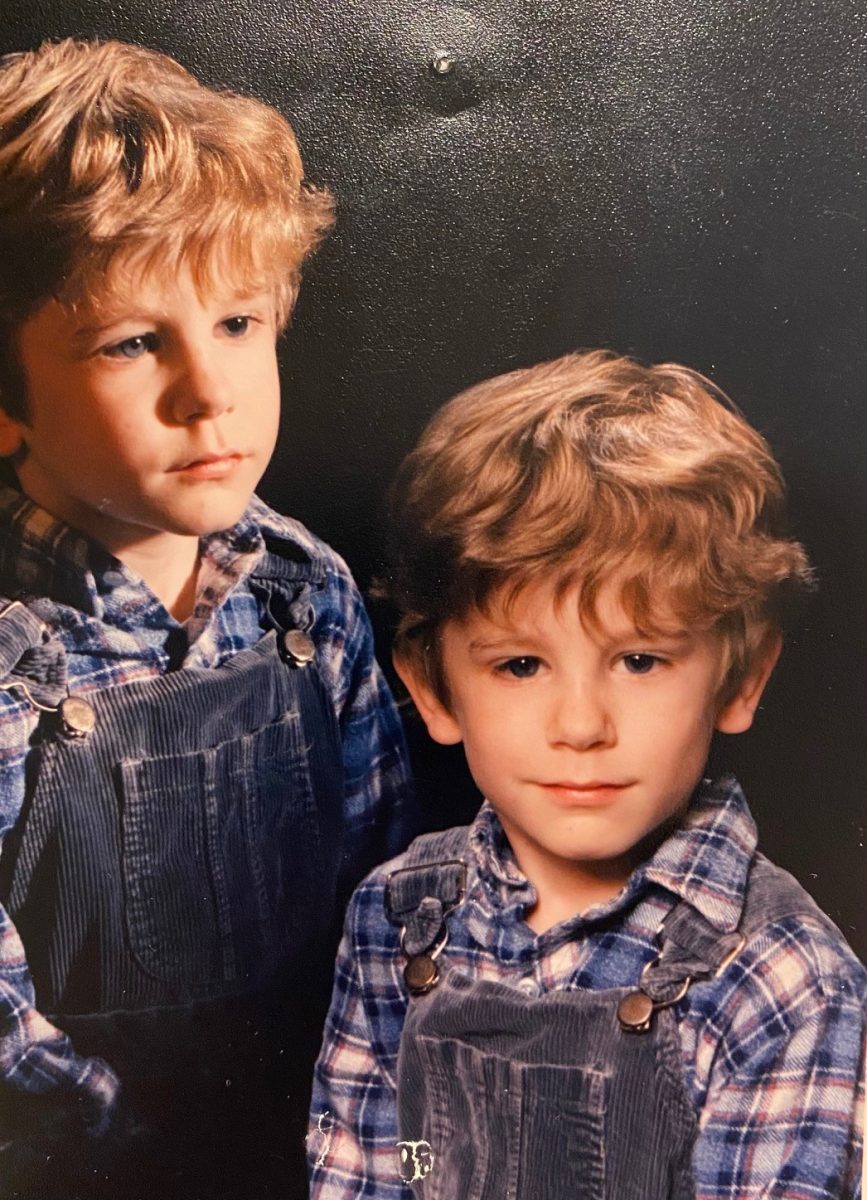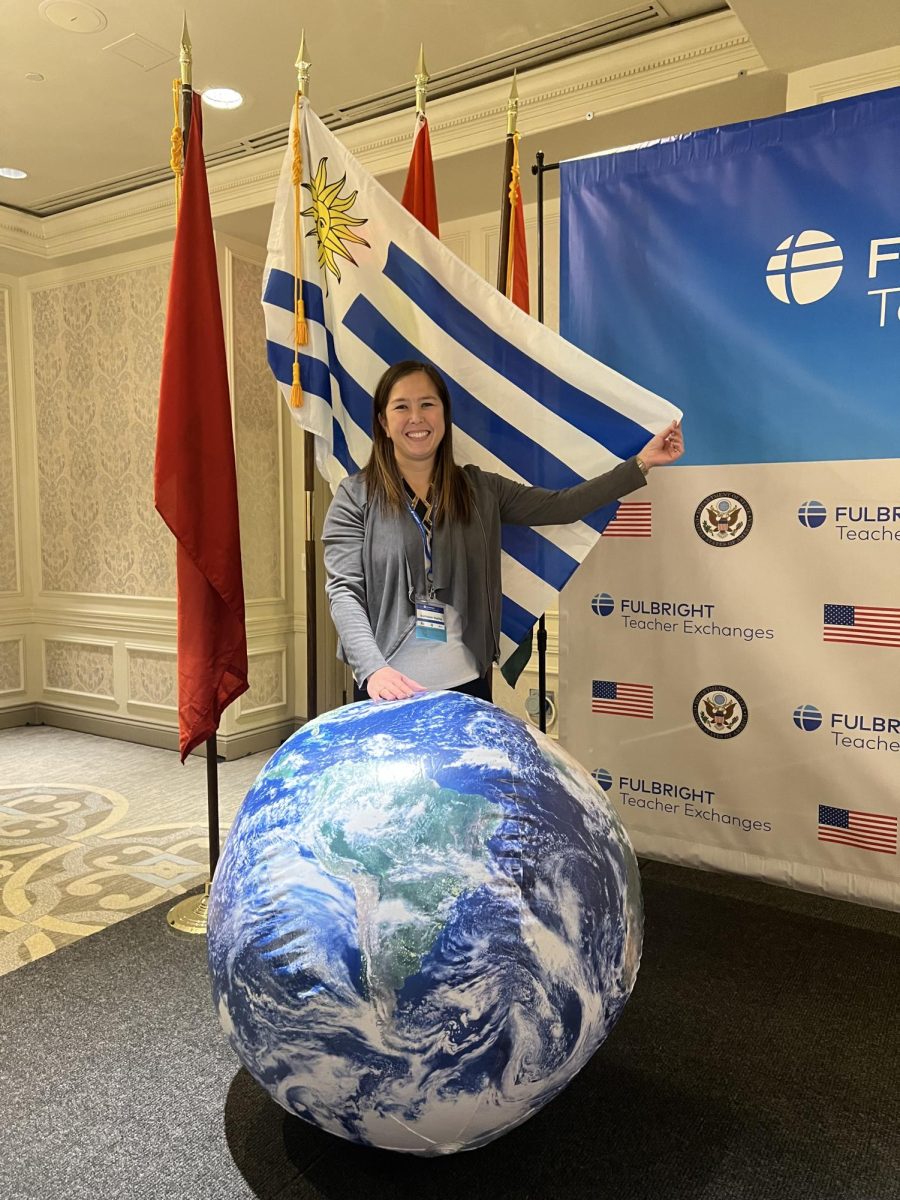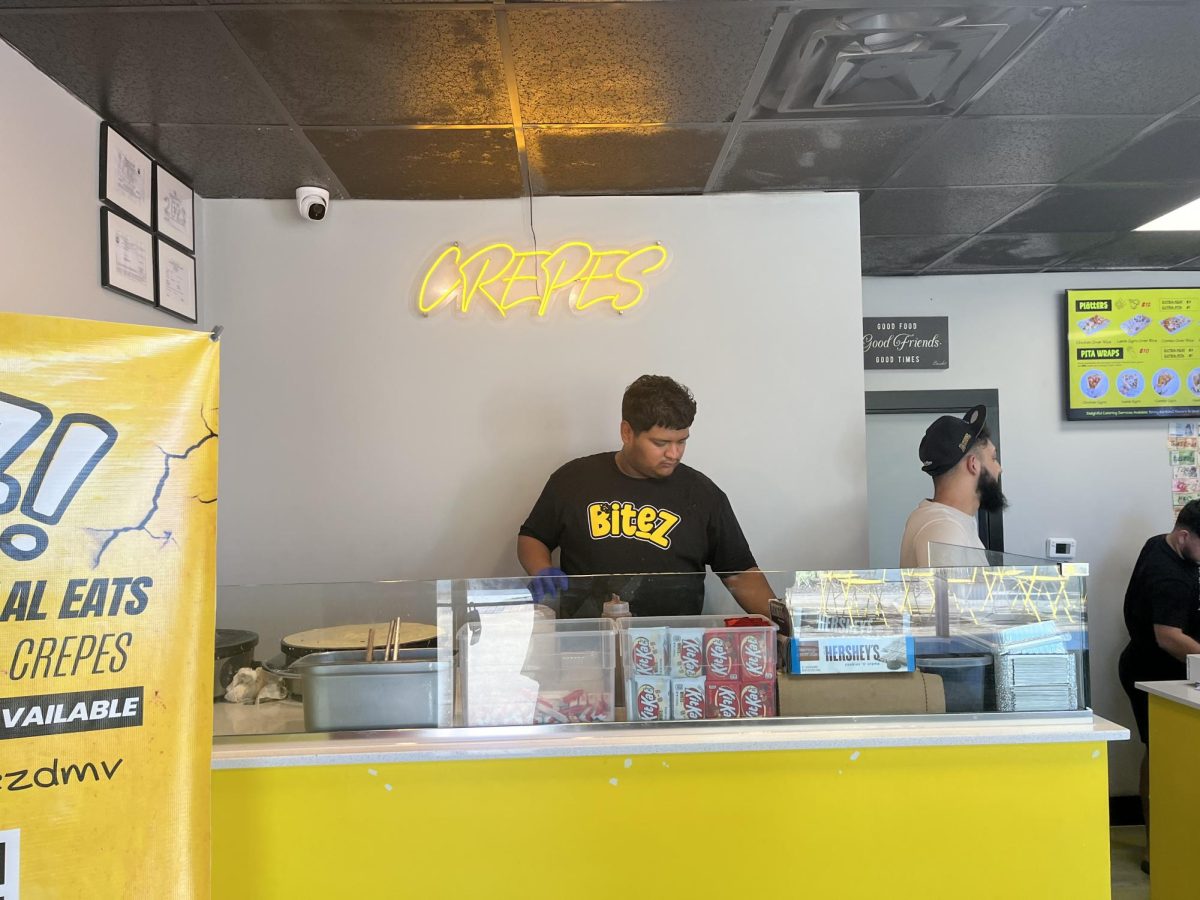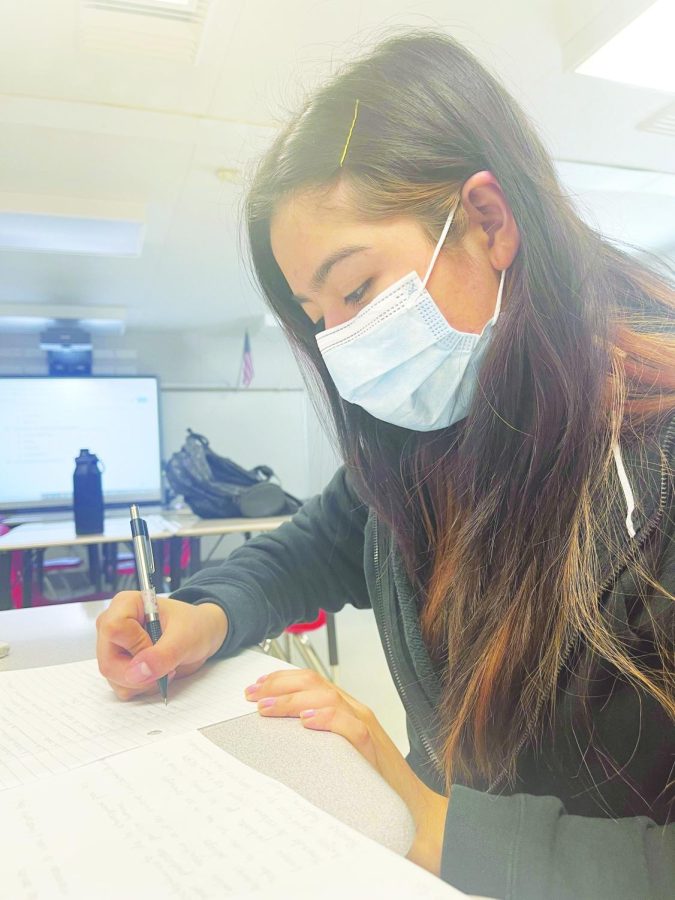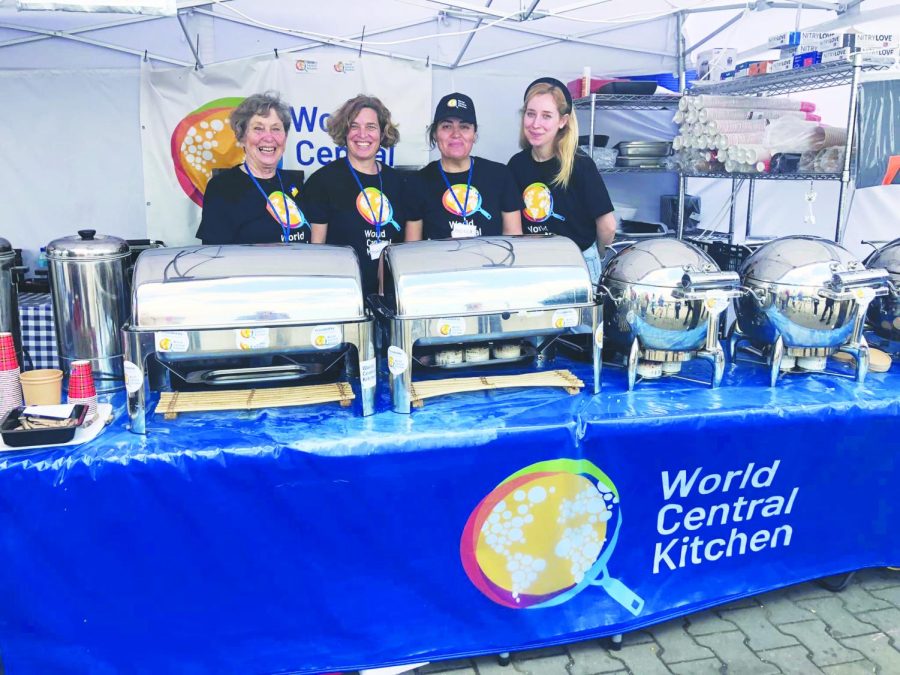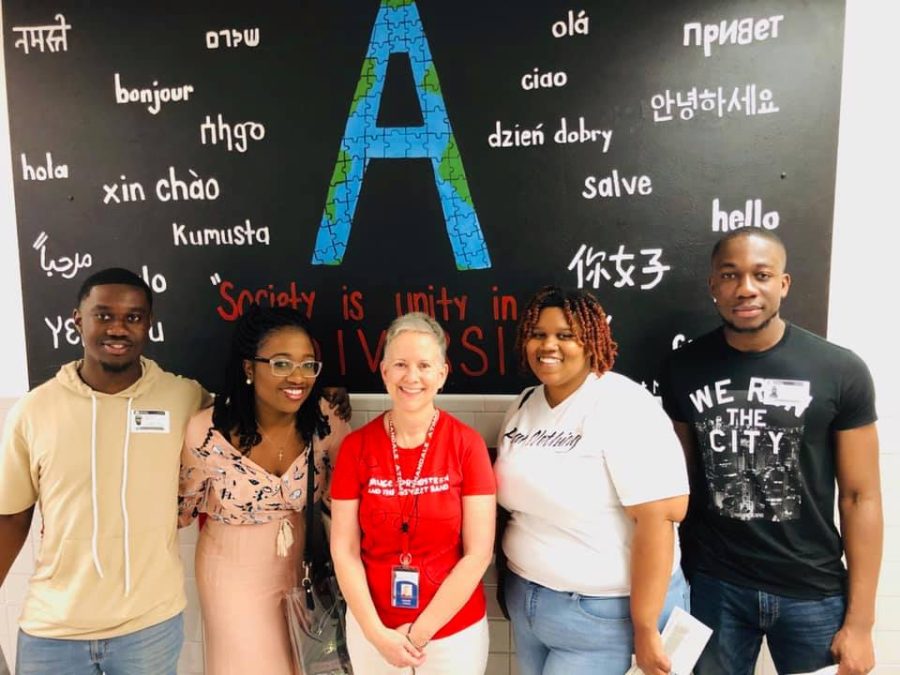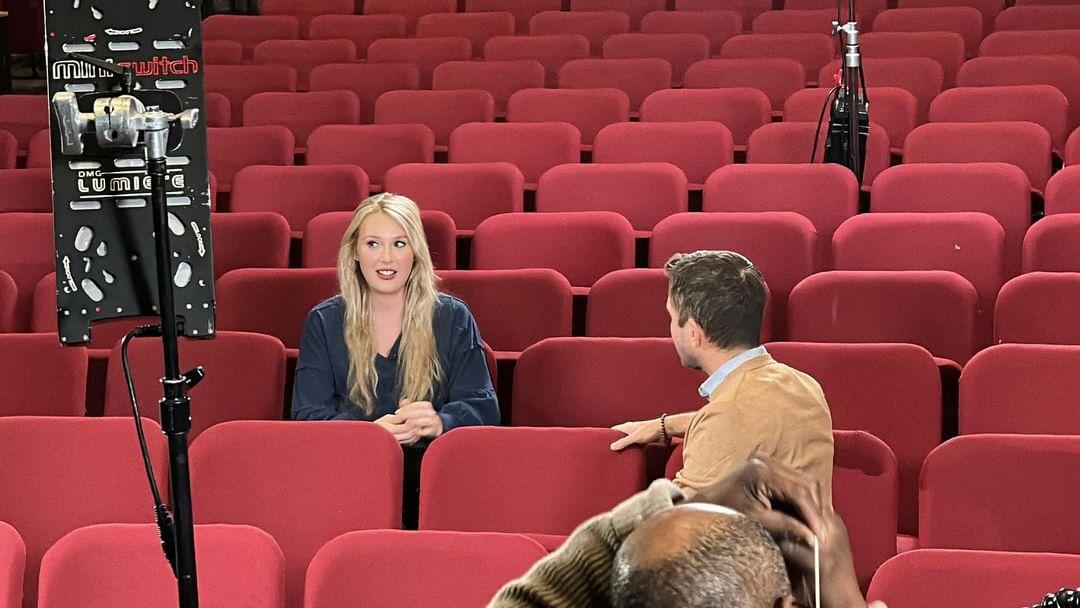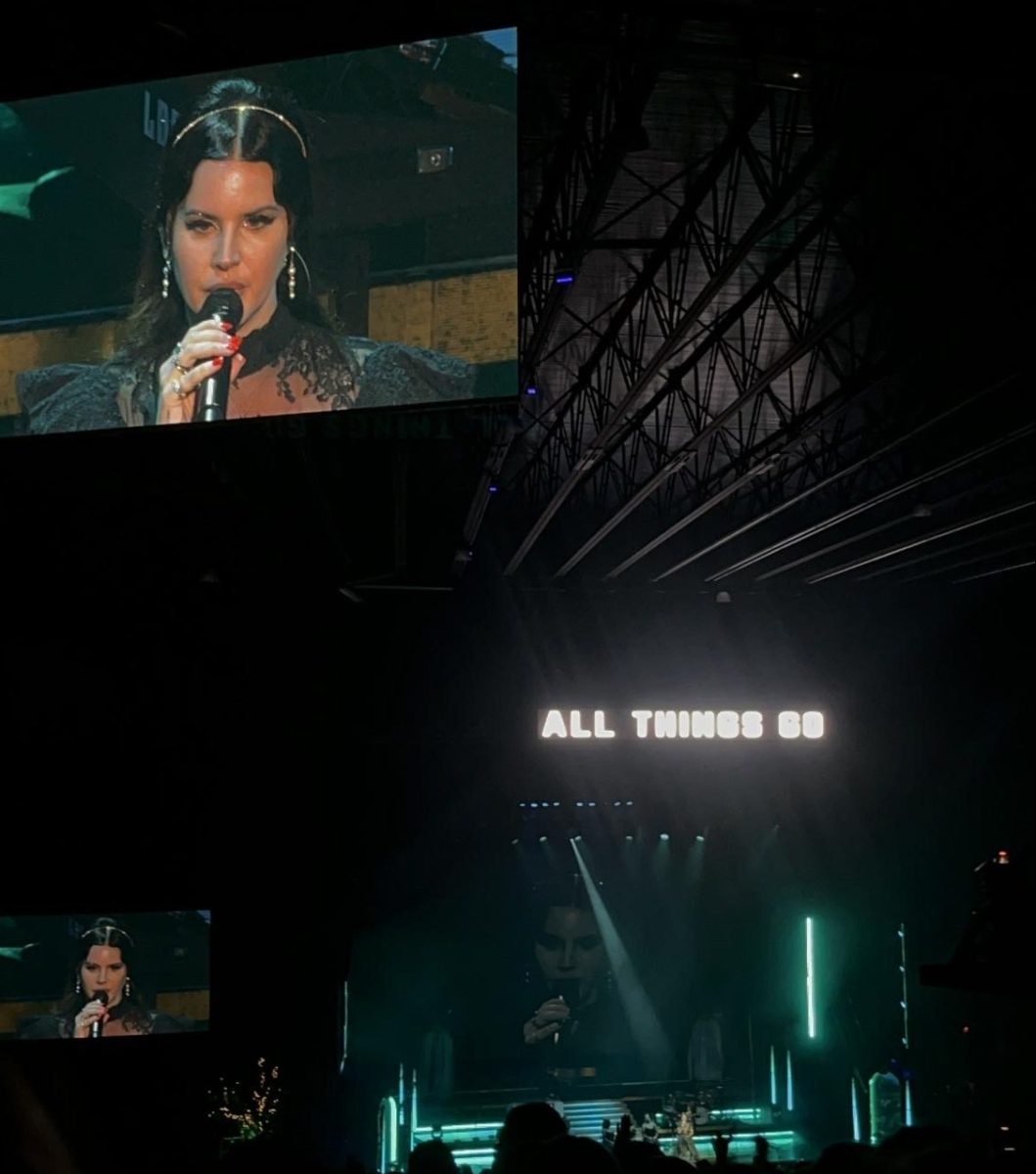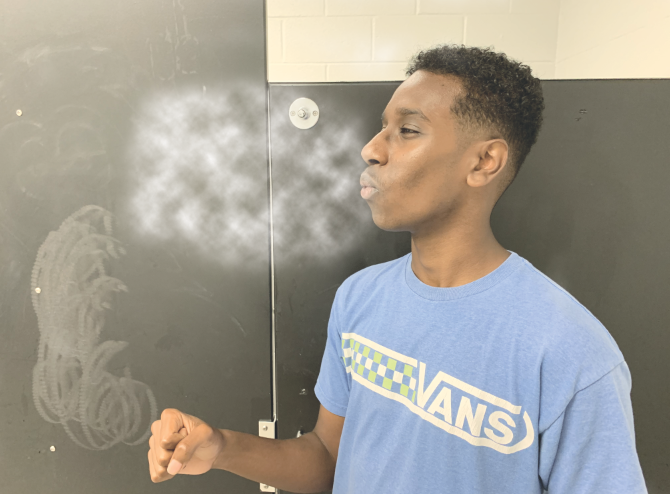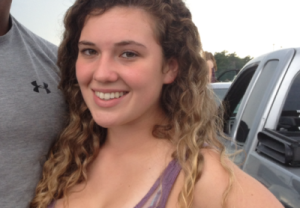More than 800 Holocaust survivors gathered outside of the United States Holocaust Memorial Museum on April 29. They were joined by approximately 130 World War II veterans and thousands of others honoring the museum’s 20th anniversary of the its opening. Seniors Omar Khatib, Daniel Critchfield and Nardos Assefa were among the crowds and aided in the ceremonious events.
Khatib, Critchfield and Assefa participated in the Holocaust Memorial Museum’s “Bring The Lessons Home” (BTLH) program.
The BTLH students placed commemorative pins on Holocaust survivors and WWII veterans to celebrate the 20th anniversary.
“The most influential part was when I pinned a survivor and after saying how much we appreciate him, he looked me dead in the eyes, with his own self tearing up and said ‘thank you, thank you for everything you do’,” said Khatib.
Former president Bill Clinton and Elie Wiesel, a survivor and founding chairman were asked to speak.
“No matter how smart a people are, if you have a head without a heart you are not human,” Clinton said in his speech.
Wiesel not only survived a German death camp called Auschwitz but also wrote the award winning novel, “Night”, that describes his experiences as a young Jewish man imprisoned by the Nazis.
“This museum which is a monument of human suffering but also of human courage to over come suffering. This museum, the front piece should actually read, ‘Passerby, do not enter this place without fear, but nor without hope,” Wiesel said.
Rebecca Dupas, a gifted poet and a long time associate of the museum, shared a poem she wrote, stating that she will never remain silent if such a tragic event were to ever occur again.
“The most meaningful and inspirational part was the quote by Rebecca Dupas, ‘silence can never be my choice’ […] because it really speaks to the importance of not being a bystander in any event, especially with one as tragic as the Holocaust,” Critchfield said. “The event was emotional and exciting all at the same time. I enjoyed meeting and hearing the personal stories of Holocaust survivors and WWII veterans, all of whom seemed very happy to be at the anniversary.”
Many of the survivors and first hand witnesses are now in their late 80s and 90s. They came from all over the country to attend this special occasion.
“Remembering the Holocaust will allow people to take actions against any unjust actions that they witness,” Assefa said. “Young people have the responsibility to reach out to their communities and give knowledge to those who lack it.”



